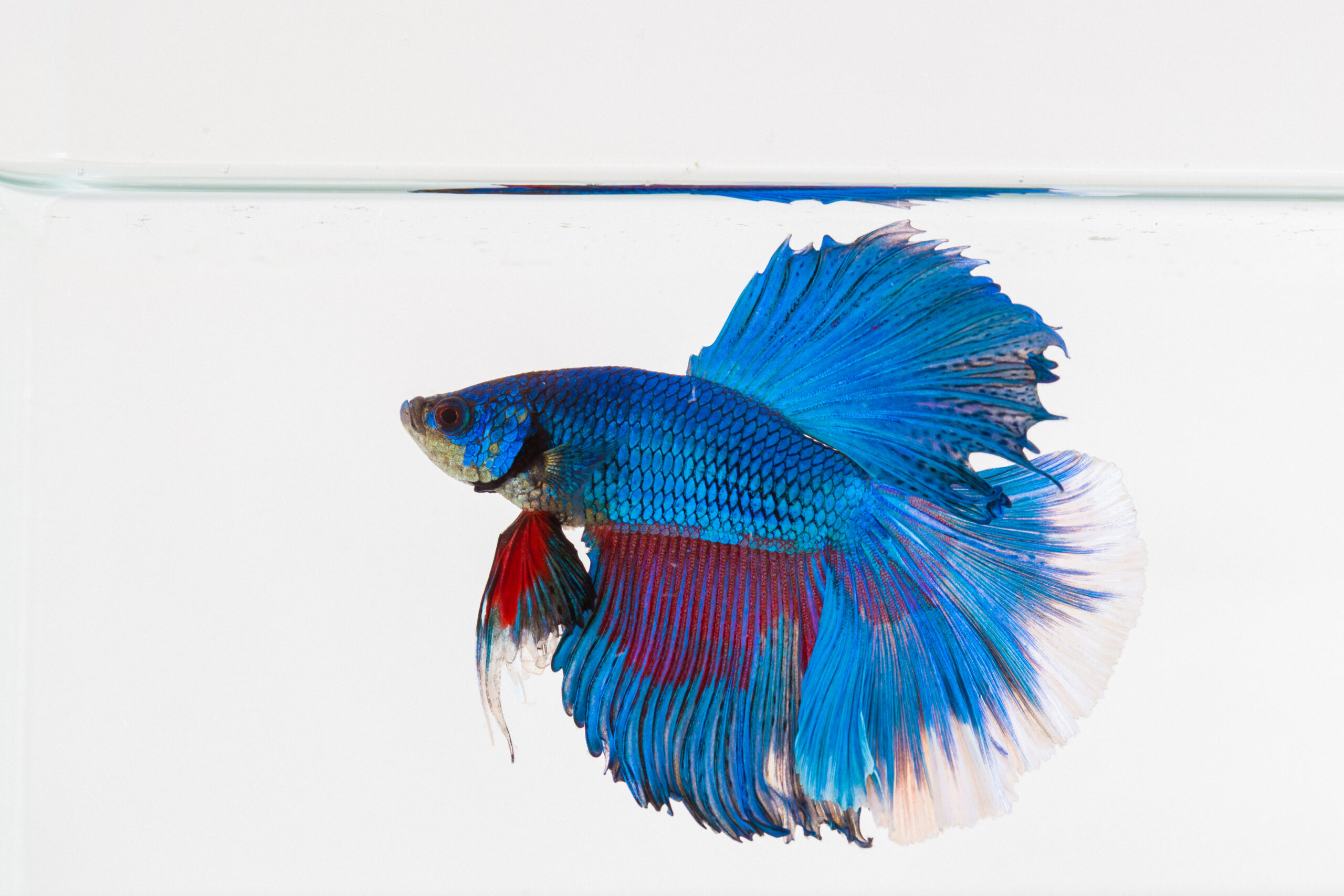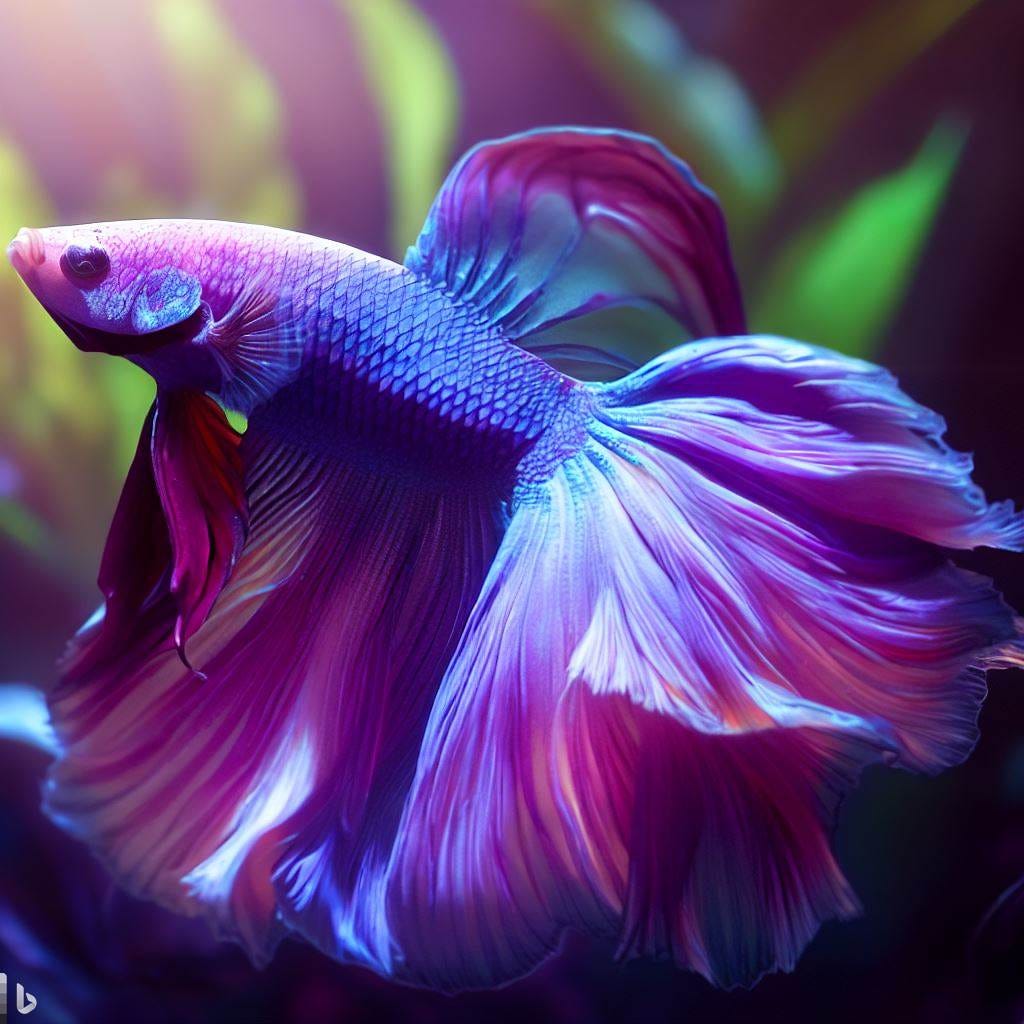The Ultimate Guide to Betta Fish Care: Essential Tips for Maintaining a Healthy and Flourishing Aquarium Environment
Efficient Betta fish care requires a thorough understanding of their special ecological and physical needs. Developing an ideal fish tank starts with picking the right container dimension and making sure ideal water conditions, which are critical for the wellness and health of your Betta. Recognizing appropriate feeding methods and producing a favorable habitat can significantly influence your fish's vigor and habits. As you take into consideration these fundamental aspects, it comes to be clear that preserving a prospering fish tank environment requires focus to detail and ongoing dedication. What specific techniques will you implement to boost your Betta's lifestyle?
Picking the Right Storage Tank
Picking the ideal storage tank for your Betta fish is essential to guaranteeing its wellness and well-being. Bettas grow in environments that simulate their all-natural environments, which usually include calm, warm waters. A storage tank dimension of at least 5 gallons is advised to provide appropriate swimming room, as smaller containers can bring about stress and anxiety and health and wellness concerns for these lively fish.
When selecting a storage tank, take into consideration the storage tank's shape and filtration system. A rectangular storage tank is preferable to a bowl, as it provides a lot more area for oxygen exchange. Additionally, a reputable purification system is vital to preserve water quality and decrease the frequency of water modifications (betta fish). However, it is necessary to pick a filter with a gentle circulation, as Bettas are not strong swimmers and may have a hard time against solid currents.
Temperature level regulation is one more crucial aspect; Bettas favor water temperature levels in between 76 ° F and 82 ° F. Buying a good heater will certainly guarantee that the water remains within this array, advertising a healthy and active way of life for your Betta. Lastly, offering appropriate container decors and hiding places will certainly help in reducing tension and motivate all-natural actions, further improving your Betta's well-being.
Keeping Water Top Quality
Maintaining optimal water quality is important for the health and wellness and long life of Betta fish. This needs normal tracking of numerous criteria, consisting of temperature, pH, ammonia, nitrite, and nitrate levels.
The pH degree ought to ideally drop in between 6.5 and 7.5. Routine screening utilizing a reputable water testing set can help ensure these criteria continue to be within the proper arrays. Ammonia and nitrite degrees ought to constantly be at 0 ppm, as even reduced concentrations can be hazardous to Betta fish. Nitrate levels must be maintained under 20 ppm to stop lasting wellness issues.
Routine water changes are essential to preserving water top quality. Furthermore, incorporating a durable filtering system can aid in preserving water clearness and quality, giving a healthier environment for your Betta fish.
Suitable Feeding Practices
Giving a balanced diet is crucial for the wellness and dynamic pigmentation of Betta fish, as their nutritional requirements play a considerable role in their general well-being. Betta fish are carnivorous naturally, requiring a diet high in healthy protein. A combination of high-quality pellets, icy or real-time foods such as bloodworms, brine shrimp, and daphnia can offer the essential nutrients they need.
Feed your Betta fish 2 to 3 click times a day, using just what they can consume within 2 to 3 mins to avoid overfeeding and preserve water top quality. Overfeeding can lead to excessive weight and health and wellness problems, including swim bladder illness. It is important to monitor their dietary consumption and adjust part sizes appropriately.
Along with healthy protein, a well balanced diet regimen needs to include minerals and vitamins to advertise ideal wellness. Consider supplementing their diet with high-quality flakes or pellets especially created for Betta fish, as these frequently have essential additives.

Producing an Ideal Environment

Water top quality is paramount; preserve a temperature level in between 76 ° F and 82 ° F, and make sure the pH degree varies from 6 - betta fish.5 to 7.5. Normal water adjustments of 25-50% each week will assist maintain toxins at bay click this and make certain a stable atmosphere
Integrating plants and concealing places is vital, as Betta fish are normally territorial and take pleasure in having locations to discover and pull away. Live or silk plants, along with caves and go to this website ornaments, can develop a revitalizing setting.

Routine Health Checkups
Carrying out normal health check-ups is important for making certain the health of Betta fish, as early discovery of prospective concerns can protect against severe health issue. These check-ups ought to incorporate a thorough examination of the fish's physical problem, behavior, and environmental variables.
Begin by observing the Betta fish for any indicators of distress, such as lethargy, loss of appetite, or uncommon swimming patterns. In addition, examine the fins and body for indicators of discoloration, lesions, or fin rot, which can show infections or parasites. Routinely monitoring the water quality in the fish tank is just as crucial; specifications such as pH, ammonia, nitrite, and nitrate levels must be preserved within optimal varieties to avoid stress and disease.
Additionally, take into consideration keeping a log of wellness observations and water quality tests. This document can facilitate the recognition of patterns or persisting concerns. If any irregularities are detected during the checkup, it is necessary to consult a veterinarian experienced in aquatic animals. Timely intervention can make a substantial difference in the recuperation of your Betta fish, guaranteeing a lengthy and healthy and balanced life in a well-kept fish tank environment.
Final Thought
In conclusion, successful Betta fish care pivots on developing and preserving an optimum aquarium environment. By complying with these guidelines, aquarists can advertise the well-being and vibrancy of Betta fish, eventually resulting in a thriving marine community.